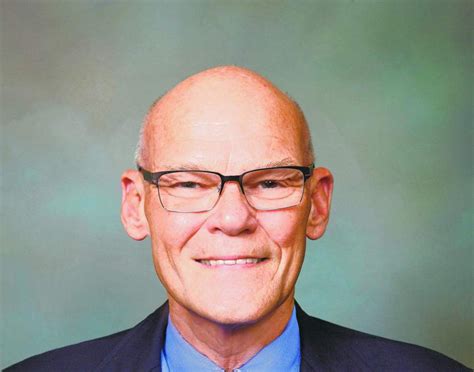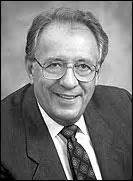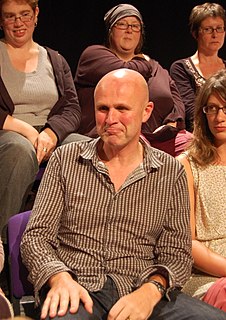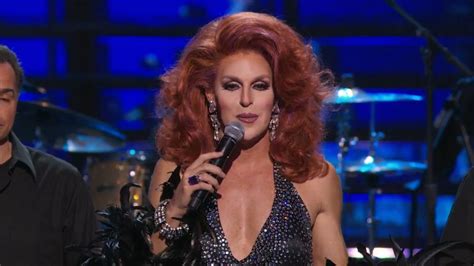A Quote by Jean Cocteau
The audience bursts into laughter. With the tragic gag I don't expect the audience to laugh (if they do, I have failed) but I expect a black silence from them that is almost as violent: as laughter.
Related Quotes
Everybody knows from his own experience that after laughter, good laughter, a belly laugh, you almost feel that you have taken an ice-cold shower; a peace, a silence, a freshness... The same is true about crying, but very few people know the secret of crying because it is more repressed than laughter.
Don't let a single comic moment pass you by; then help the audience get the laughs. Give them permission to laugh by holding for laughter and by letting them know early on what they're in for. In the first few moments, the audience is gathering information, looking at the scenery and costumes. Create a comic moment as soon as you can.
We are a nation that has always gone in for the loud laugh, the wow, the yak, the belly laugh, and the dozen other labels for the roll- em-in-the-aisles gagerissimo. This is the kind of laugh that delights actors, directors, and producers, but dismays writers of comedy because it is the laugh that often dies in the lobby. The appreciative smile, the chuckle, the soundless mirth, so important to the success of comedy, cannot be understood unless one sits among the audience and feels the warmth created by the quality of laughter that the audience takes home with it.
Laughter is spiritual health. And laughter is very unburdening. While you laugh, you can put your mind aside very easily. For a man who cannot laugh the doors of the buddha are closed. To me, laughter is one of the greatest values. No religion has ever thought about it. They have always been insisting on seriousness, and because of their insistence the whole world is psychologically sick.
If you tell the reader it's funny, then the audience is like an audience at a stand-up comedy club and they expect you to be funny, and if you're not, they notice. Whereas if you read a regular op-ed about Israel or the family or medicine, you're not starting with the assumption that you're supposed to laugh.
I love watching audiences scream. I imagine it's the same joy that a director feels who has made a comedy when he or she is sitting at the back of a theater listening to the audience laugh. That sound of laughter is so sweet to a comedy director and that's exactly how a horror film feels when you hear the audience scream.





































